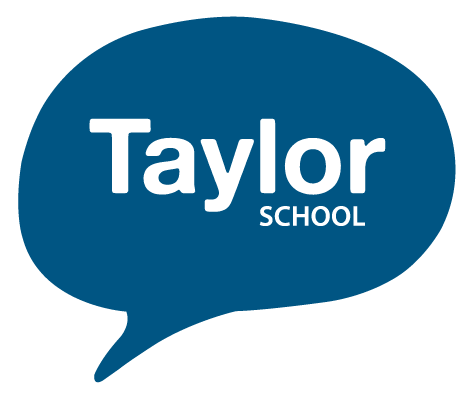
25 Mar Futures
Future tenses ? Grammar
In our special series of podcasts about grammar in context, we have already talked about present simple and continuous, past simple and continuous, and present perfect. Today we’re talking about futures.
There are many options when we want to talk about the future, but most of the times, two of them might be correct.
Going to
Form: Subject + Be going to + Main Verb (infinitive)
Negative: Subject + Not be going to + Main Verb (infinitive)
Questions: Be + Subject + Going to + Main Verb (infinitive)
Remember you always have to conjugate the verb ”to be” according to the subject
Use: For plans and intentions
Examples: I’m going to stop smoking. I’m going to start going to the gym. I’m going to try sushi when I go to Japan.
Question:
Have you got any plans or intentions for the future? I’m going to see a blues musician play in Gijón. I’m going to sleep in. I’m going to make a really cool rock band.
How to pronounce “going to”: when we’re speaking, we don’t pronounce “going to”, but “gonna”
Present Continuous
Form: Subject + Be + Main Verb -ing
“Be” is here the Auxiliary Verb, and has to be conjugated, as in all other continuous (or progressive) tenses
Contractions: Auxiliary Verb to be (I’m, you’re, he’s, she’s, it’s, we’re, they’re)
Negative form: Subject + Be + Not + Main Verb -ing
Contractions: Auxiliary Verb to be negative (you aren’t, he isn’t, she isn’t, it isn’t, we aren’t, they aren’t)
Questions: Be + Subject + Main Verb -ing
Use: For plans and arrangements you know (definite plans)
Examples: I’m having a meal tomorrow with some friends. We’re meeting next week.
Question:
What are you doing at the weekend? At the weekend I’m going to a concert. I am meeting some friends for a lunch. I’m cooking curry for lunch.
Present Simple
Use: for timetables and schedules
Examples: The bus leaves at 10 o’clock. The concert starts at 1 o’clock.
Predictions: Will and Going to
Will
Form: Subject + Will + Main Verb
Negative: Subject + Will Not + Main Verb
Questions: Will + Subject + Main Verb
Contraction: ‘ll and won’t
Use: general predictions for the future
Examples: Robots will be teaching classes in all schools by 2050. I’ll never find the perfect woman. There will be a Third World War.
Going to
Use: for predictions based on present evidence
Examples: Look at that black cloud. I think it’s going to rain. I feel bad. I think I’m going to be sick.
We can use other words to talk about possibilities in the future such as MAY, MIGHT, LIKELY (probable), UNLIKELY (not probable).
Examples: A lot of Spanish cities might have to build better sea defences in the next hundred years. Manhattan might disappear in the next 50 years.
Will for things that you decide in the moment, based on new information
Steven’s in hospital, he’s broken both his legs. Oh, no… I’ll go and visit him.
I’m cold… I’ll go and get you a jumper.
I’m hungry… I’ll make you something to eat.
Your phone is ringing… I’ll ignore it.
Game:
Think of a famous person and tell me three sentences about the future imagining you are that famous person. We have to guess who that famous person is.
- I’m playing golf in Florida this weekend. I will be remembered as the worst US President in history. By next January I will have completed half my term. (Donald Trump)
- I won’t be happy when my mother dies, but I’ll be relieved. I’m not going to be the youngest ever. I will be the King of England. (Prince Charles)



